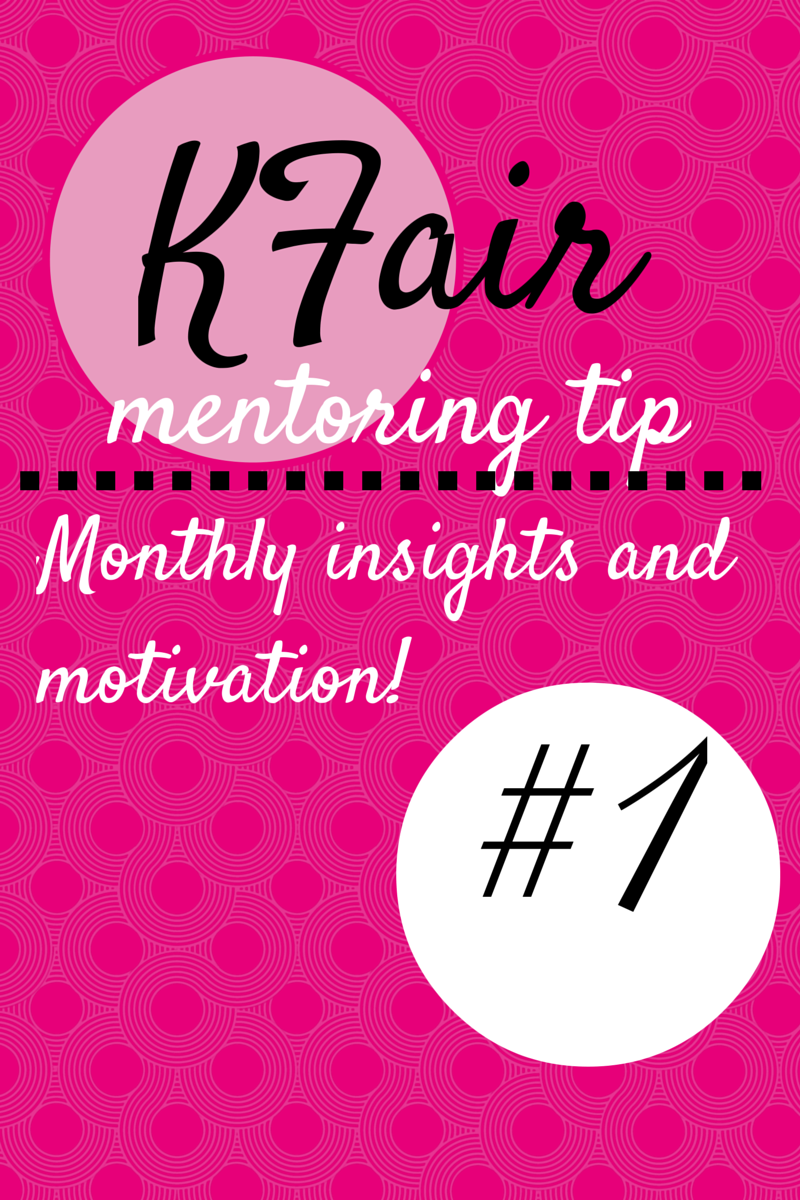[ted id=652 lang=en]
Chimamanda Adichie is a rockin’ novelist from Nigeria. In her TedTalk, Chimamanda shares her personal story of growing up in Nigeria reading only stories about white children with blonde hair and blue eyes. When she began to write, these characters filled her pages; though she could not relate in any way. As the media around her, books, only portrayed white children in stories, she did not know that people who looked like her could be in literature!
From then on, Chimamanda became aware of these “single stories” we develop about people and places. When we only portray people or places in a single way, they become stereotypes. These stereotypes then dominate the identities we create about others and ourselves.
Although Chimamanda speaks to Africa, the same theories can be applied to the United States, most notably, African-Americans. From the historic beginnings of black face to the more recent token person of color, the portrayal of African-Americans by mainstream media has been poor. While we may naively assume that this is contained to only fictional movies and television shows, it is not. The news and social media have been prominent aggravators of the single story surrounding African-Americans. A recent example of this is the viral video of a New York man slapping a woman on the train after being insulted and hit (read more on my JET post here).
Having these stereotypes continually presented to our youth affect their self-development. As Chimamanda says, “The problem with stereotypes is not that they are untrue, but that they are incomplete”. Without the full story we cannot properly mentor and support our youth. Without analyzing communities, schools, and society we cannot begin to understand the family or the youth. We must search for the full story.
How do we do this as mentors, parents, teachers, friends, or community members? WE TALK TO OUR YOUTH! They can provide us their stories.
Do not fall for the danger of the single story.
How will you create an alternate ending?





